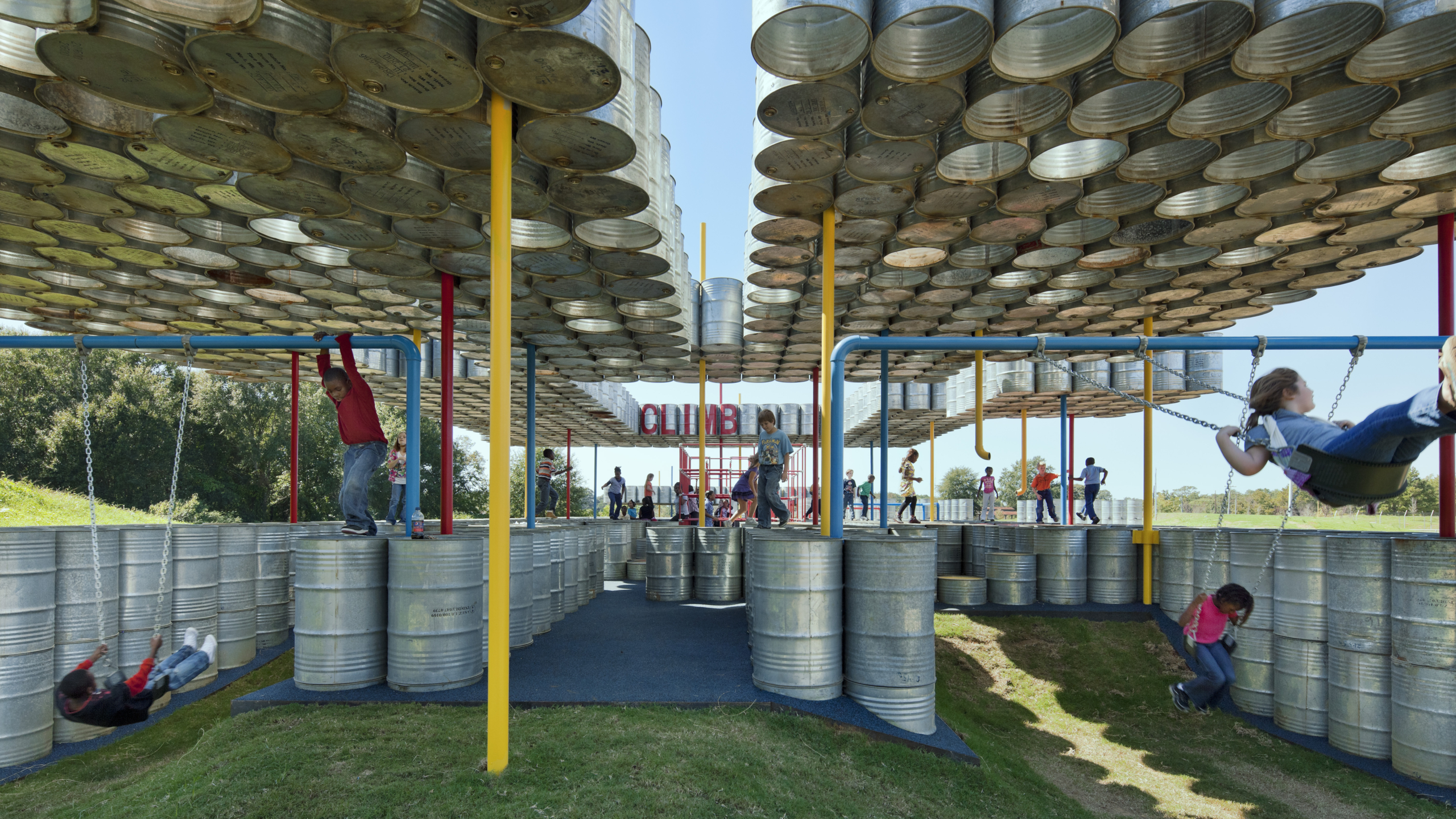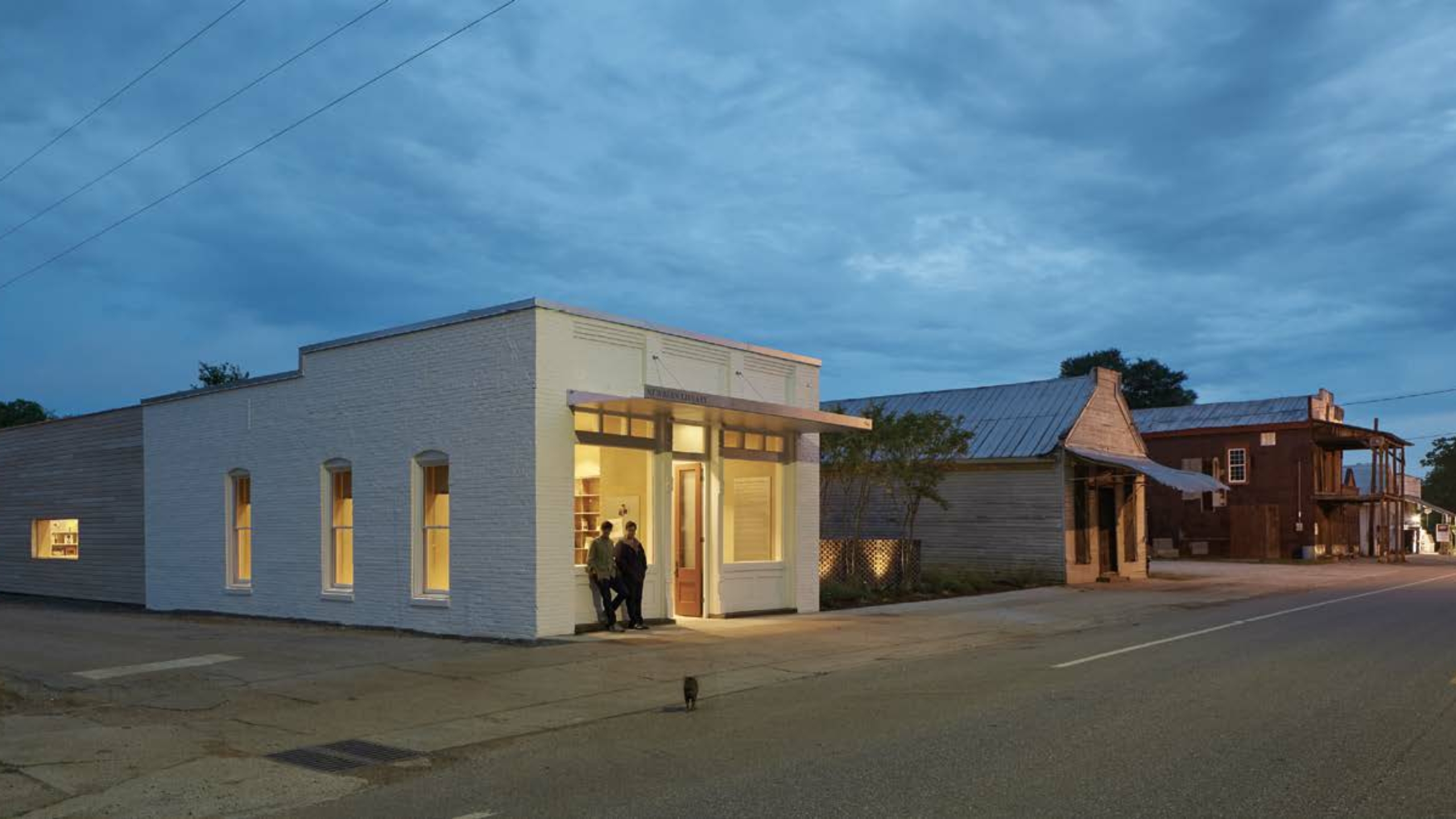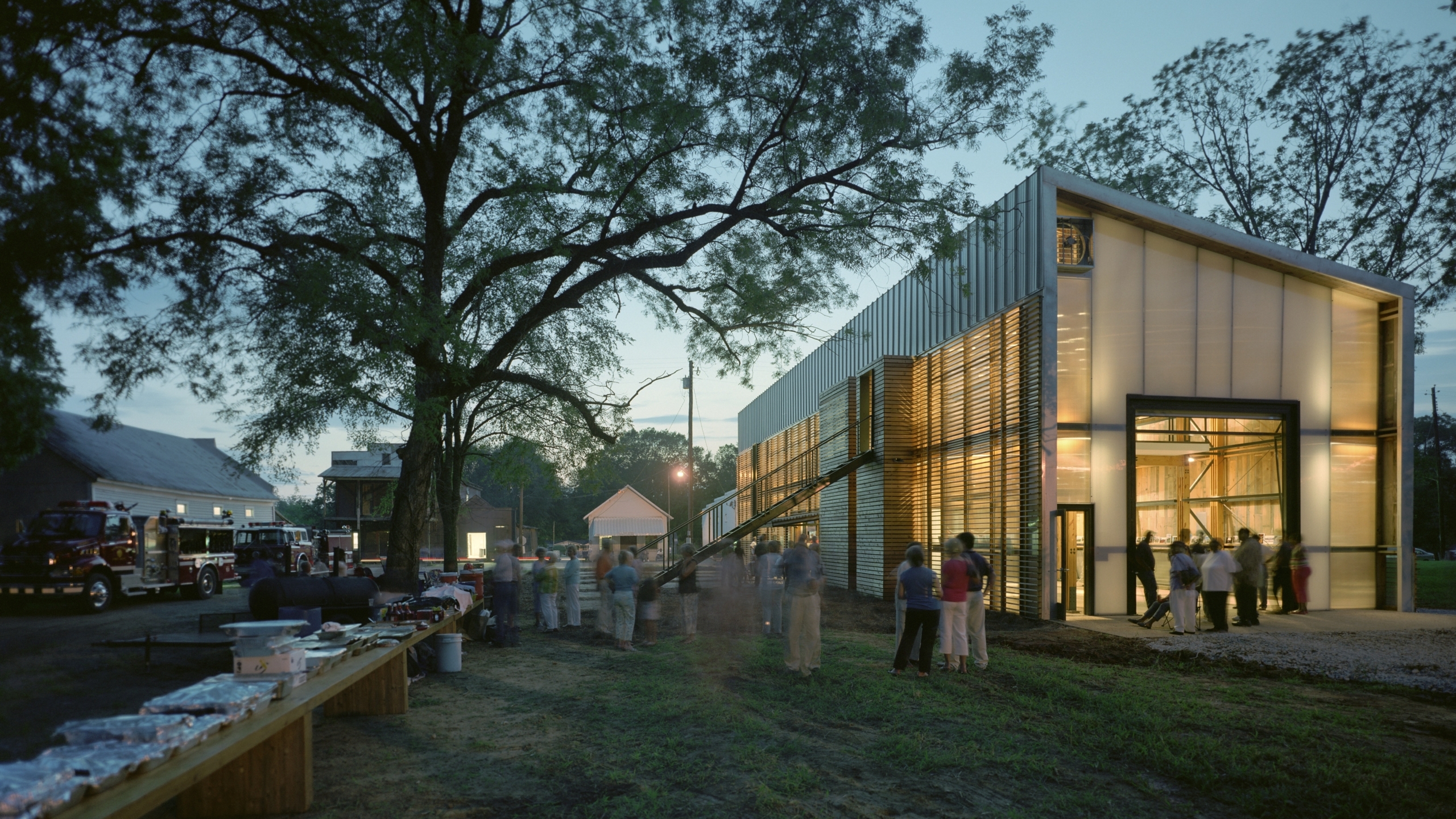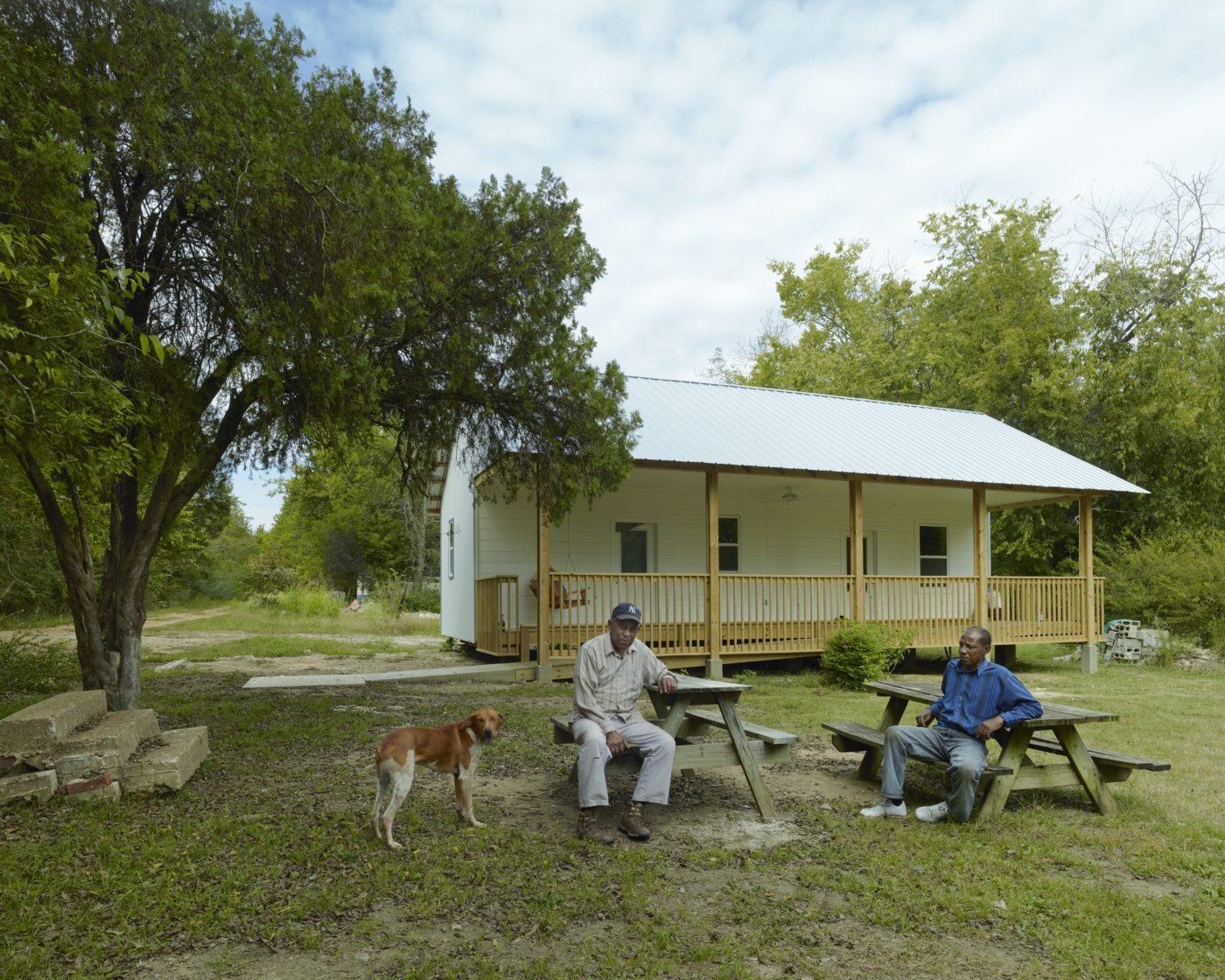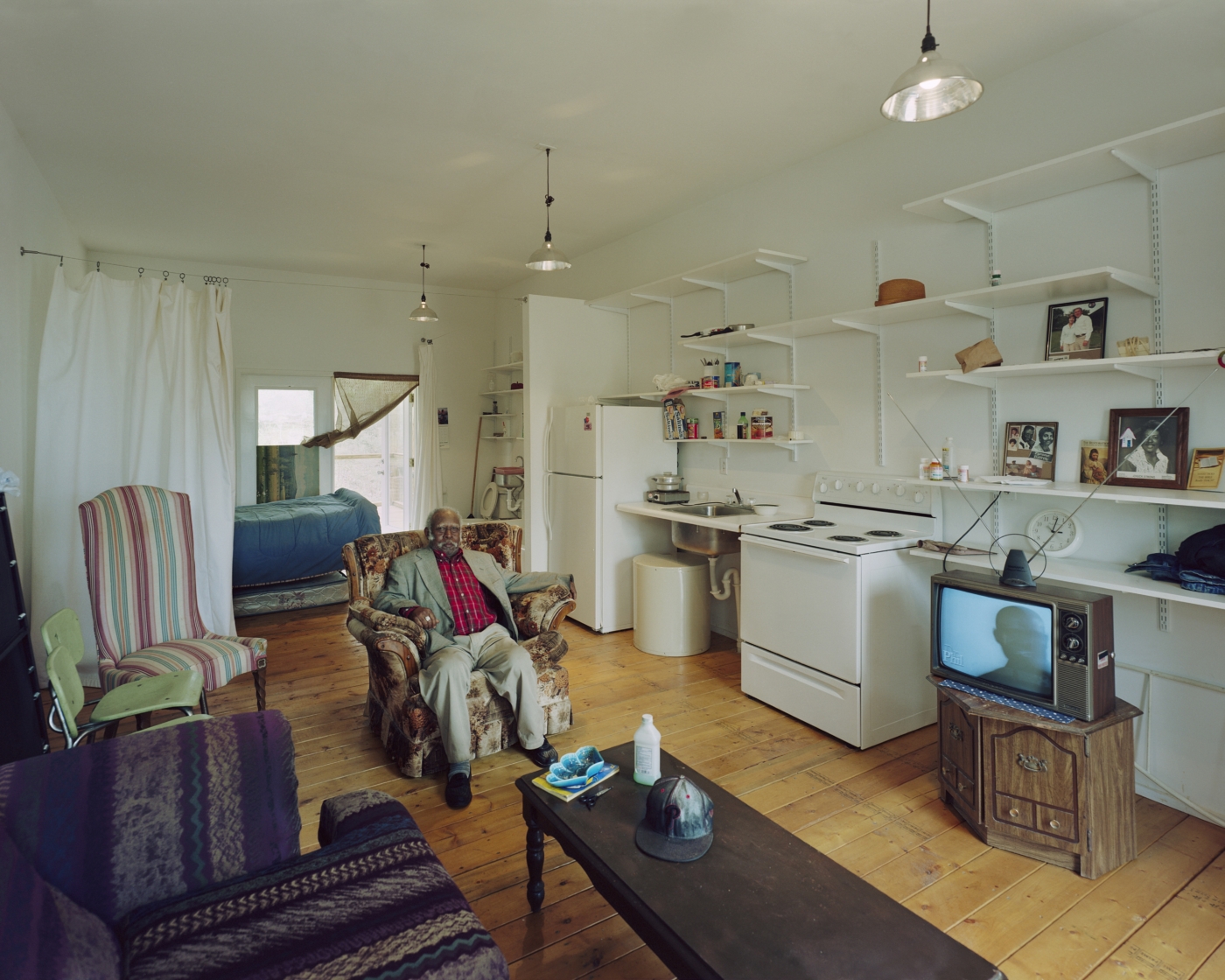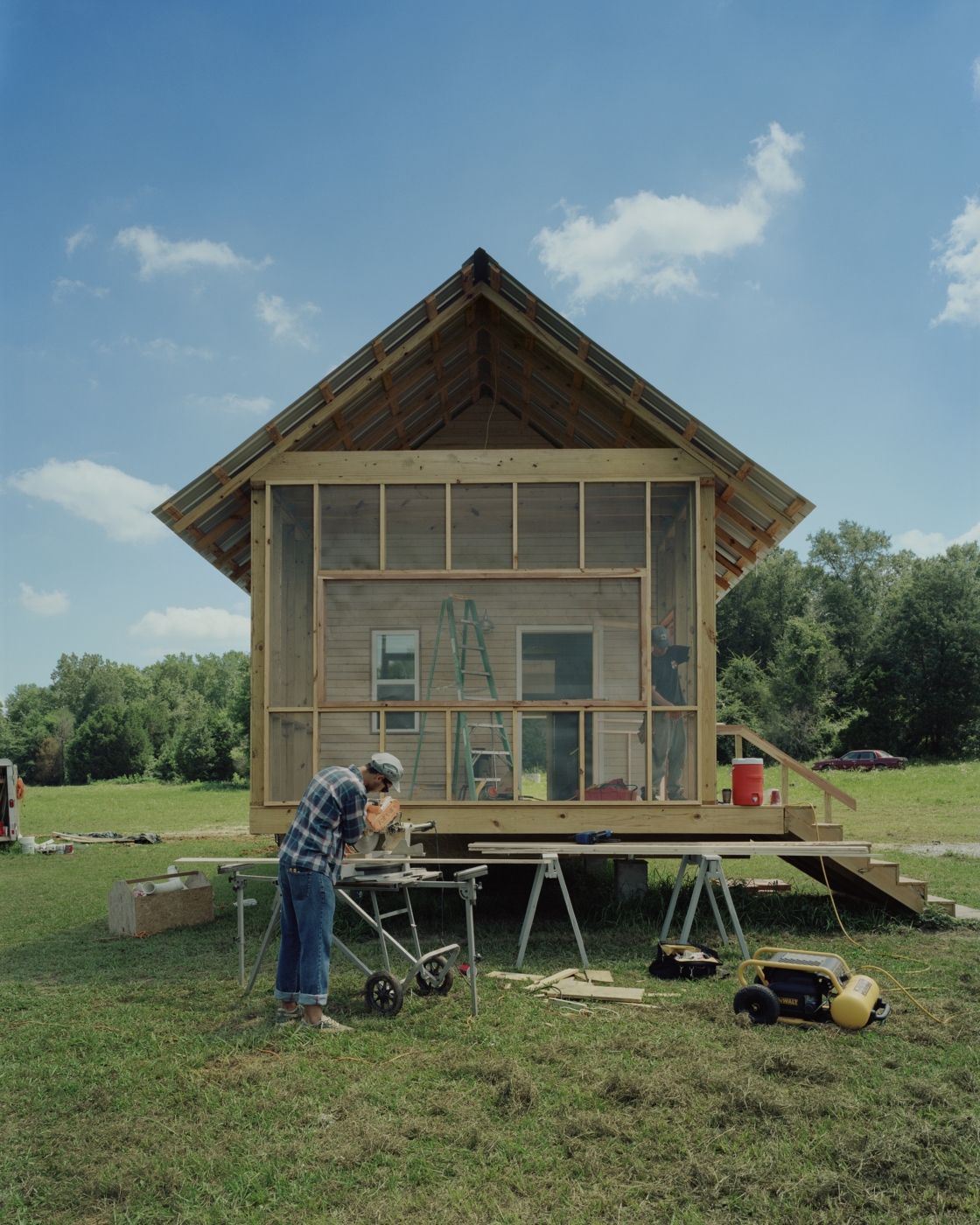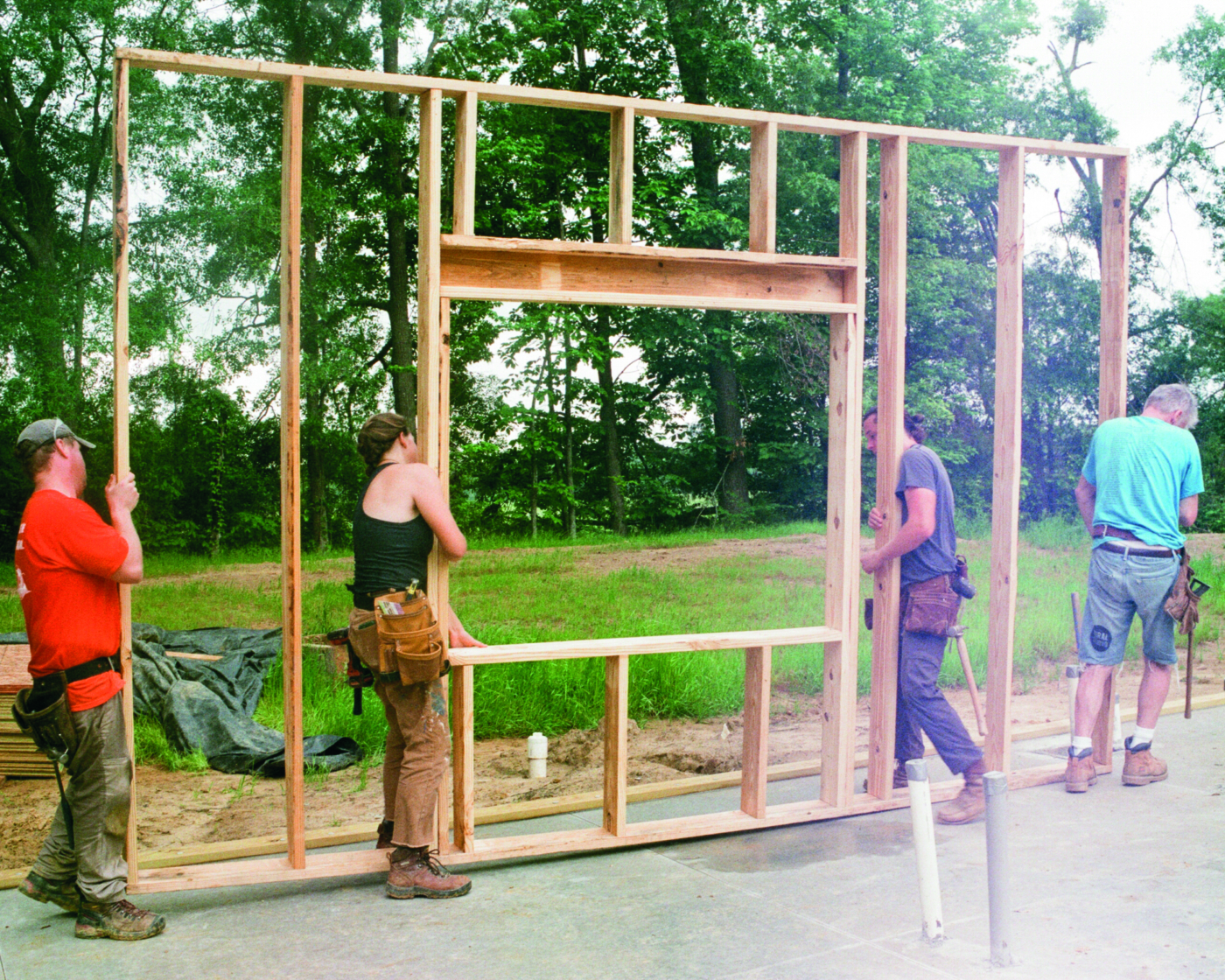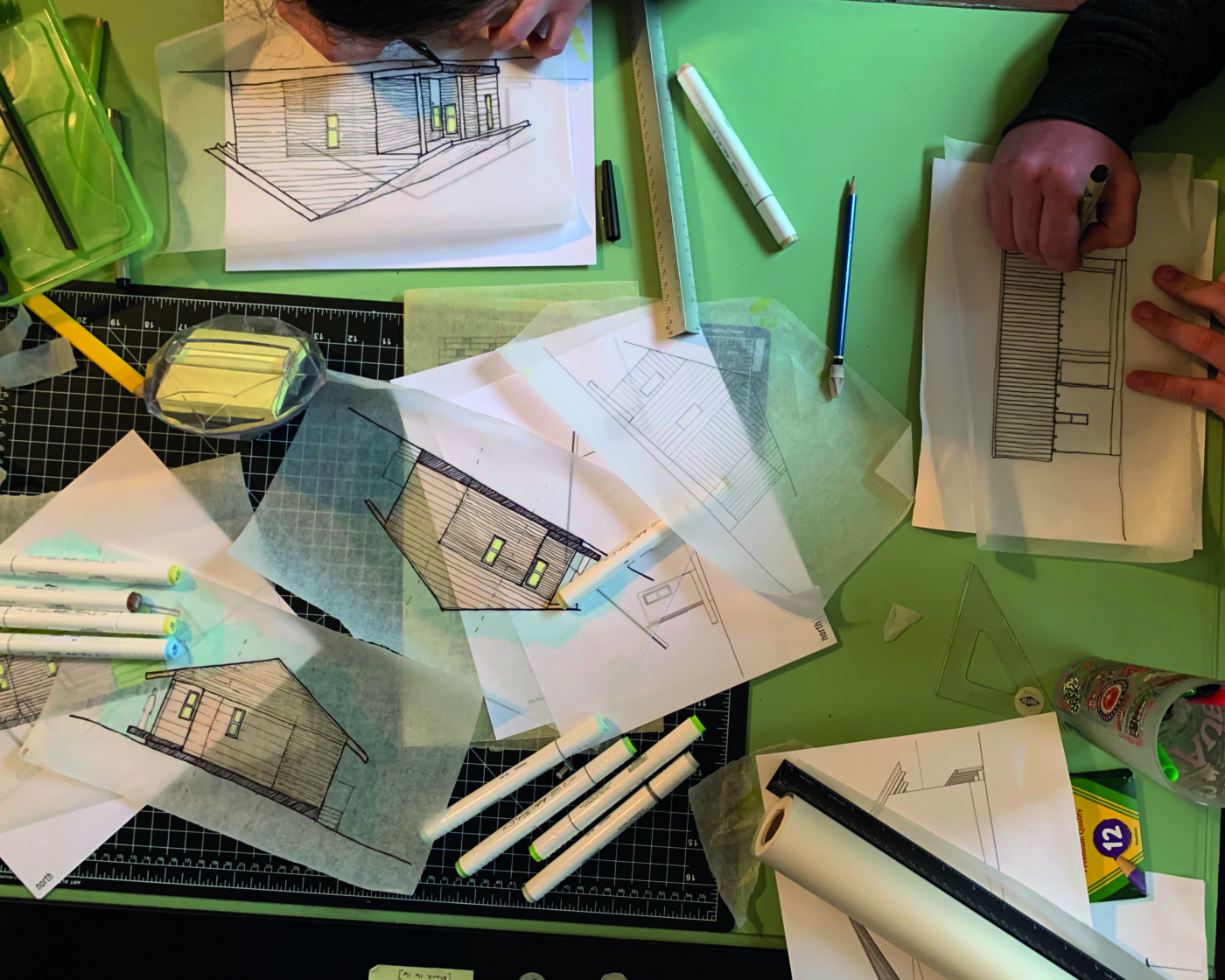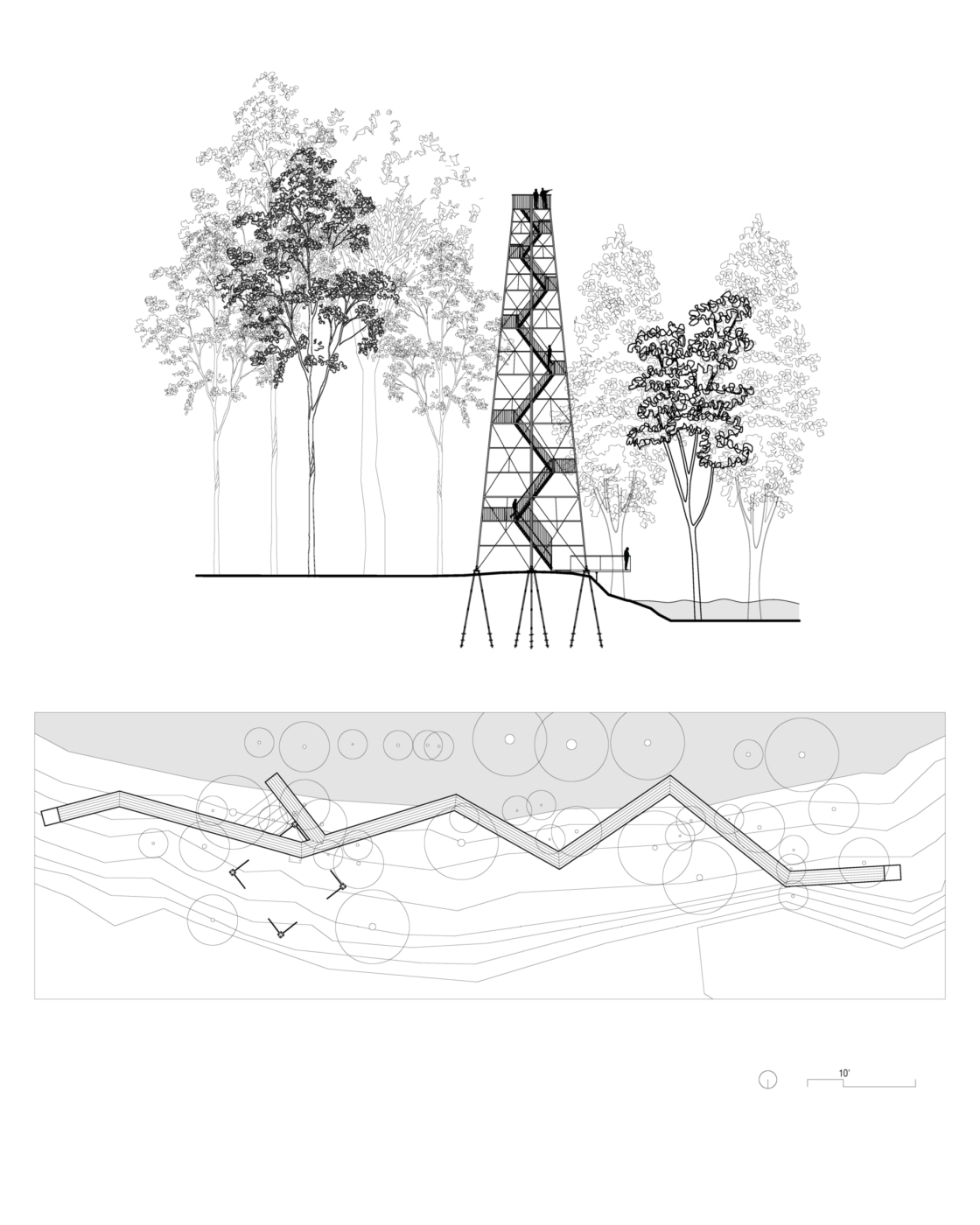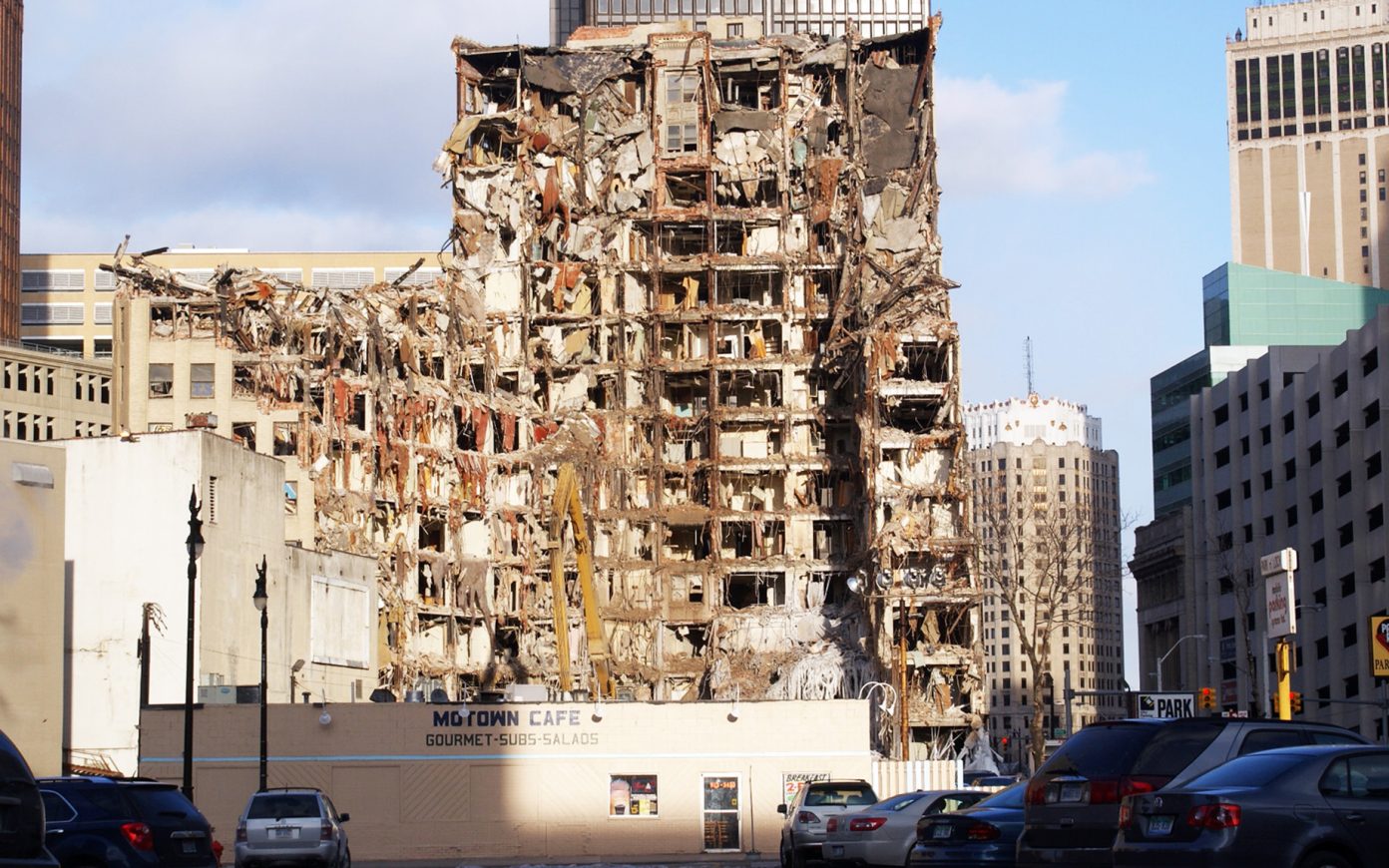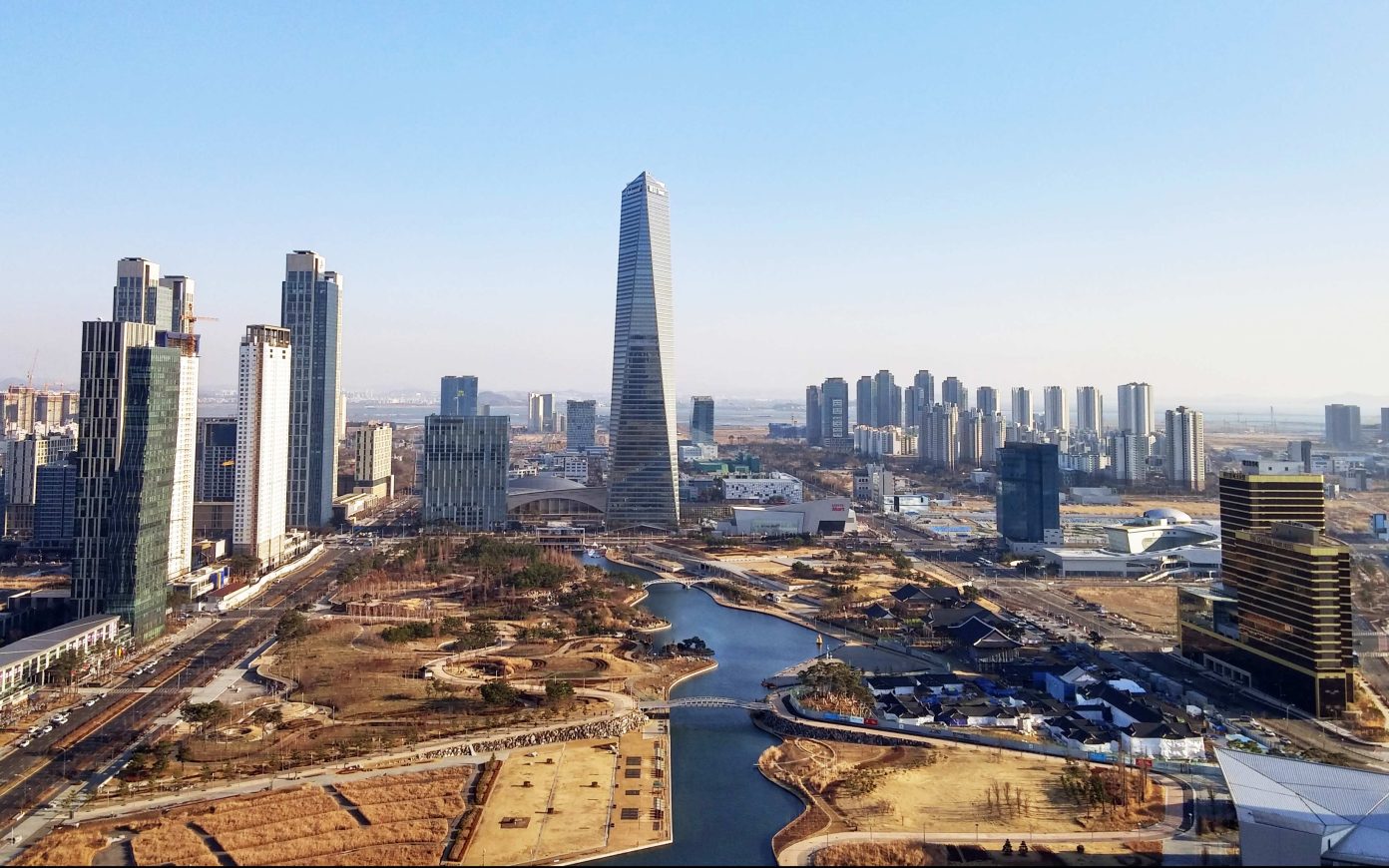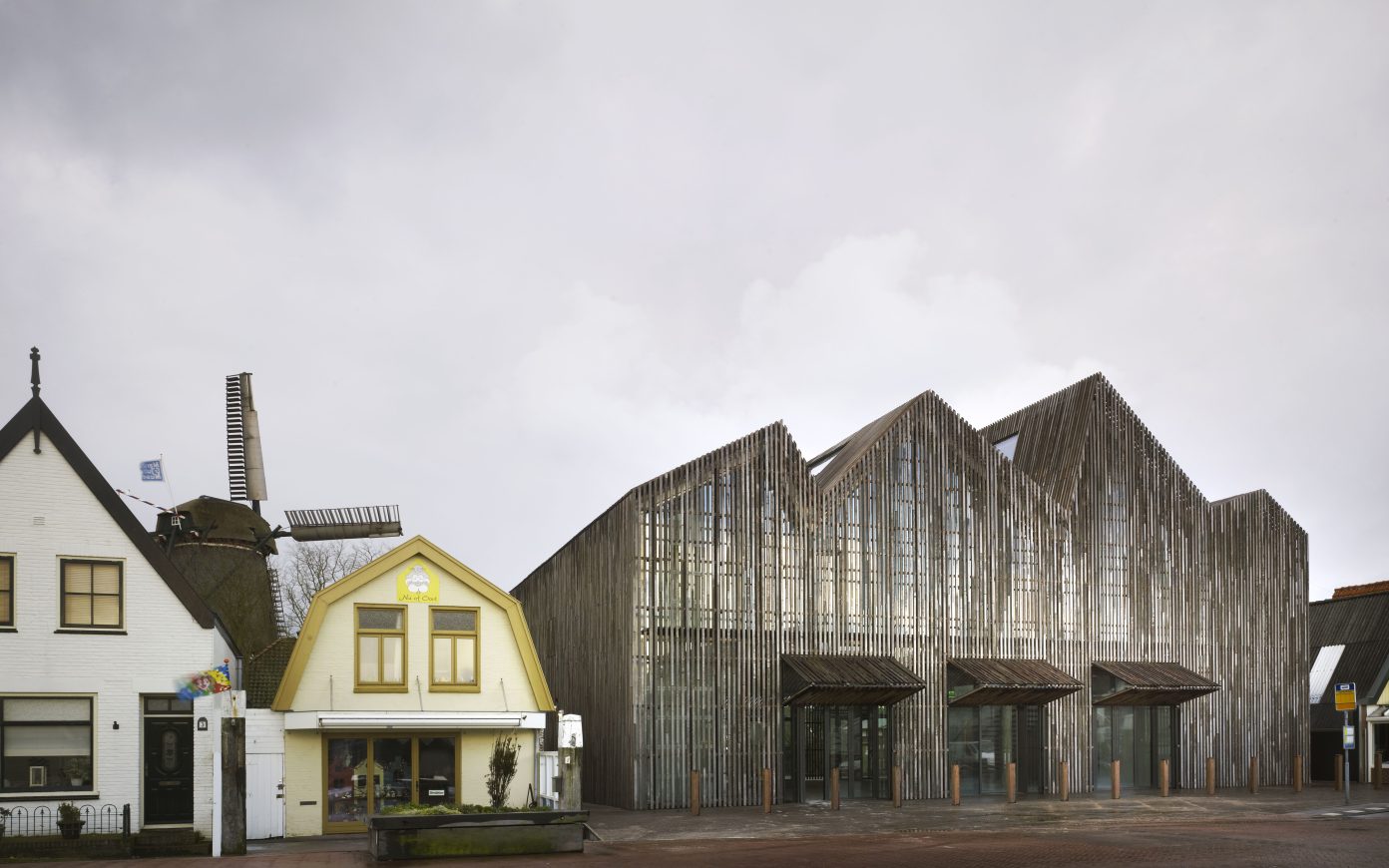Could you present the history and context of Rural Studio, the architectural program you direct?
Rural Studio is a program of the School of Architecture at Auburn University that is located three hours away from the university, in the small rural town of Newbern, in Hale County, Alabama. Newbern is located in what is called the Black Belt region of the state, and it’s been very much an extraction landscape, where a lot is taken away and little is given back, resulting in relatively high poverty rates and the usual kind of insecurities relating to food, health, and housing. I’ve been active here for the past twenty years, taking charge of the program after Samuel Mockbee, who started it with his colleague, D.K. Ruth, in 1993.
Mockbee was a very well-known Southern architect, but as an educator, he quickly got frustrated with the ivory tower of the academy. He didn’t feel that the education at the time was particularly relevant, and he challenged it by basically dragging the Studio’s students out into this little rural community where he tried to identify places and things that could be done to help. It was very much a critique of the isolation of the academy and part of his own feeling that architects needed to become more relevant, that they were somehow the playthings of the rich and the famous, and that the work that they were getting was the bread crumbs that fell off the table. His mantra was that architects had to be more proactive and more engaged. The Studio was born out of this frustration with both the academy and the profession. He felt that students should have a more hands-on experience, not only in terms of making, but also in engaging with people. He was particularly interested in looking at the poverty of housing in Hale County. Mockbee was always something of a renegade, and, without calling him a socialist, he really passionately believed in socialism. He was also deeply convinced that architects should serve but also delight, which is why people and places are the basis of what we do. Problems are probably very similar everywhere, but we like to imagine that they can be addressed locally, whether it’s in the city or in the rural area, as that is what gives places their distinctive character.
Rural Studio’s mantra is “Educating citizen architects”. Could you expand on your vision of the “citizen architect” ?
The way we’ve been operating has changed considerably since Mockbee’s time. We started out with small projects for people and communities that were falling below the radar of the social services, but, around the year 2000, locals started to come to us and challenge us into getting involved in larger community projects. None of this was planned and it came about very organically. At that point, we had been operating in Hale County for seven years and had bucked the trend of conventional academics who tend to go somewhere, conduct some research, and then leave. We truly took root in Newbern as we’ve been operating in the same place for the last twenty-eight years now, trying to understand it, to become a neighbor, to be relevant, and to learn from our mistakes.
As I hope the name suggests, the “citizen architect”, aspires to something greater for society. It is interesting in the sense that, in the United States, society itself is all about the individual— individuals get a job, earn money, buy things, and this is supposed to make them happy. There isn’t much about bringing to society, being a citizen, and contributing to a greater good. I happen to have been brought up and educated in the England of the 1970s, and was the lucky recipient of the high-quality social services that emerged in post-war Britain, with this idea that everyone should benefit from a good education, good health, housing, and equality of opportunity. In the United States, things are quite different, and though even Europe has started to move away from that, I nevertheless remain driven by these aspirations. Mockbee himself would always say that he didn’t send his children to university just to better themselves, but to better society. I was lucky enough to have benefited from a good, tax-paid education system where, if you were smart enough, you could go and be part of that supported system that was about raising society and its aspirations, and not just the individual. At the Rural Studio, we share the same belief regarding the role of architects and what we can provide in society.
Architects are aspirational, first and foremost, so, through our work on individual buildings and the agglomeration of buildings, how can we aspire to a better environment and the greater good ? I think first about society and the greater good, and always say to my students in Hale County that being in a capacity to make a mark on this planet is an incredible privilege. We don’t see digging a hole and building as a privilege anymore, but we should. My students are all relatively privileged middle-class kids from a variety of generally suburban upbringings, but I tell them to listen and learn, to try to leave the place just a little bit better than they found it. When you come to this place, you are borrowing it, you have no right to tell people how they should live their lives. Come and observe, try to contribute just a little bit. And I think that’s what architects have to do in society— be angry, and be aspirational.
